Will this Super Tuesday be a "bumper" day for US presidential candidates Donald Trump and Joe Biden to confidently enter the "duet"?
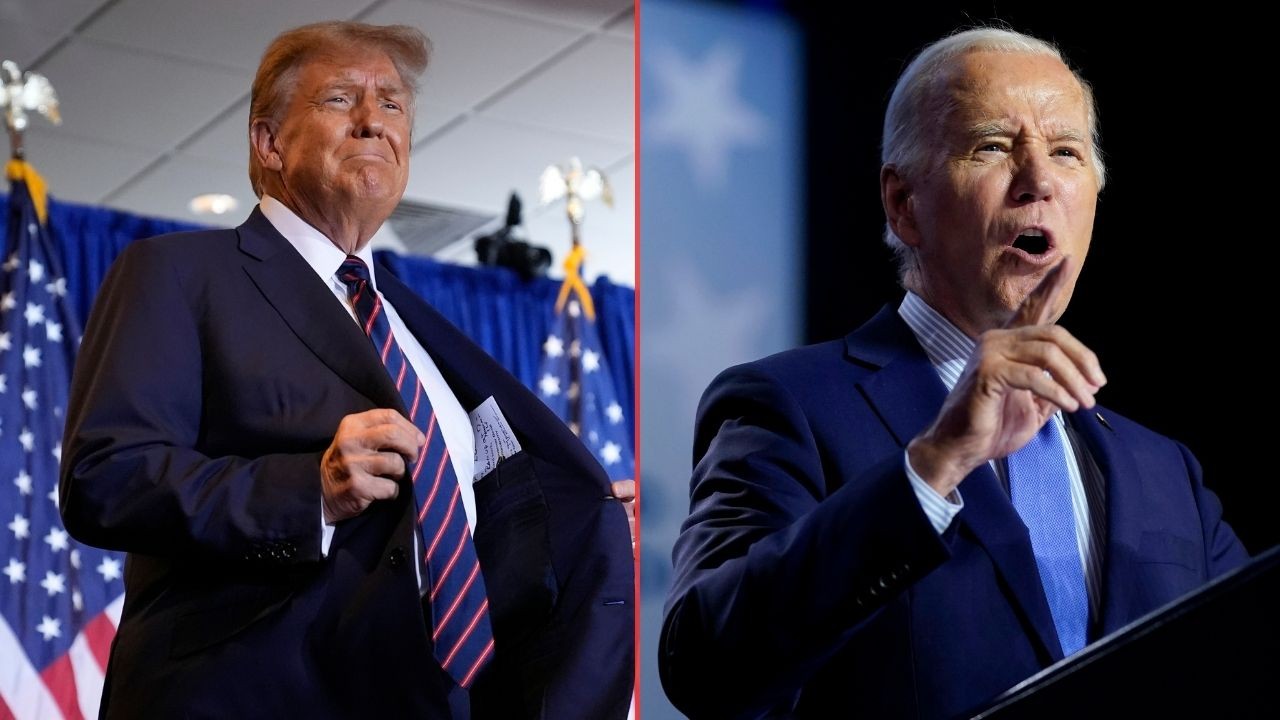 |
| Super Tuesday (March 5) could be a strong “dose of doping” for the US presidential candidates this time. In the photo, former President Donald Trump and current President Joe Biden. (Source: AP) |
The US election campaign is becoming increasingly exciting with new developments from candidates' statements, opinion polls predicting many variables, and especially comments ahead of "Super Tuesday" on March 5.
"Got it all"
According to American newspapers, the term “Super Tuesday” was first used in 1988, when Republican leaders in southern states of the United States decided to hold votes on the same day to give prestige to the conservative candidate they supported.
Leaders of both the Republican and Democratic parties later realized that holding a large number of party meetings and primaries early and simultaneously (known as “front-loading”) would help voters determine which presidential candidate was the most promising for each party, thereby increasing party unity and solidarity ahead of the November election.
In recent presidential elections, about 30-40% of each party's delegates are allocated to individual candidates on Super Tuesday. According to US election law, a candidate needs to receive the support of more than half of the delegates to officially become the party's presidential nominee.
A strong showing on Super Tuesday is often a big boost for a presidential candidate’s campaign, as evidenced recently by Joe Biden’s 2020 campaign.
After initial defeats in Iowa (ranked fourth) and New Hampshire (ranked fifth), Mr. Biden won in 10/15 states and territories that held votes on March 3, creating a solid foundation for him to overcome his "heavyweight" opponent, Senator Bernie Sanders (Vermont), and become the Democratic Party's presidential candidate.
Conversely, a poor showing on Super Tuesday can cause a successful candidate to drop out of the race for the White House. Some typical examples are Senators Ted Cruz (Republican, Texas) and Marco Rubio (Republican, Florida) in the 2016 election.
This year, 15 states (Alabama, Alaska, Arkansas, California, Colorado, Maine, Massachusetts, Minnesota, North Carolina, Oklahoma, Tennessee, Texas, Utah, Vermont and Virginia) and one territory (Samoa) will hold primaries or caucuses on Super Tuesday, March 5.
Additionally, the results of the Iowa Democratic caucuses (held by mail) will be announced on this day.
Thus, the upcoming Super Tuesday will allocate 854/2,429 Republican delegates and 1,429/3,933 Democratic delegates to candidates. The race between Republican candidates is somewhat more intense, because most of the Republican votes on Super Tuesday this year apply the “winner-take-all” mechanism, while the Democrats will allocate delegates according to the percentage of votes each candidate receives.
Answer 3 big questions
American newspapers believe that this year's "Super Tuesday" will help answer three big questions.
First , will former US Ambassador to the United Nations Nikki Haley continue to participate in the race for the Republican presidential nomination?
After a series of consecutive defeats for Ms. Haley against former President Donald Trump in Iowa, New Hampshire, South Carolina, Michigan... the Republican Party is putting increasing pressure on her to end her campaign early. Some of Ms. Haley's key sponsors, including Americans For Prosperity, announced they would stop supporting her after the South Carolina primary.
However, Ms. Haley continues to demonstrate a fairly stable fundraising ability ($12 million in February alone). American newspapers predict that if she can survive Super Tuesday, Ms. Haley will likely continue to run until the Republican National Convention in July. At the Convention, Ms. Haley will use the support of her delegates to influence the Party's election platform.
The second question that the US media wants to answer is whether former President Trump's campaign can fill the "gaps" on the upcoming Super Tuesday?
Despite his high popularity with the majority of Republican voters, Mr. Trump still has difficulty attracting votes from important groups such as voters with college degrees (considered the “last straw” that caused Mr. Trump to lose to Mr. Joe Biden in the 2020 presidential election) and moderate voters. In the recent primaries in New Hampshire and South Carolina, two-thirds of voters with college degrees and three-quarters of moderate voters voted for former Ambassador Haley instead of former President Trump.
The final big question is whether President Biden can address Democratic voters' discontent with the Israel-Hamas conflict.
The US press has commented that, unlike former President Trump, Mr. Biden is truly “unrivaled” in the race for the Democratic Party’s presidential nomination. However, he faces the existential risk that some Democratic voters may choose not to vote in the November presidential election to protest the Biden administration’s policy toward the Middle East.
According to tradition, this year's Super Tuesday vote counting will be basically completed by early morning on March 6, although some states may announce the winner on the evening of March 5.
| The latest survey by The New York Times and Siena College (USA) released on March 2 shows that 48% of people planning to vote in November will choose former President Donald Trump, while 44% choose current President Joe Biden. |
Source








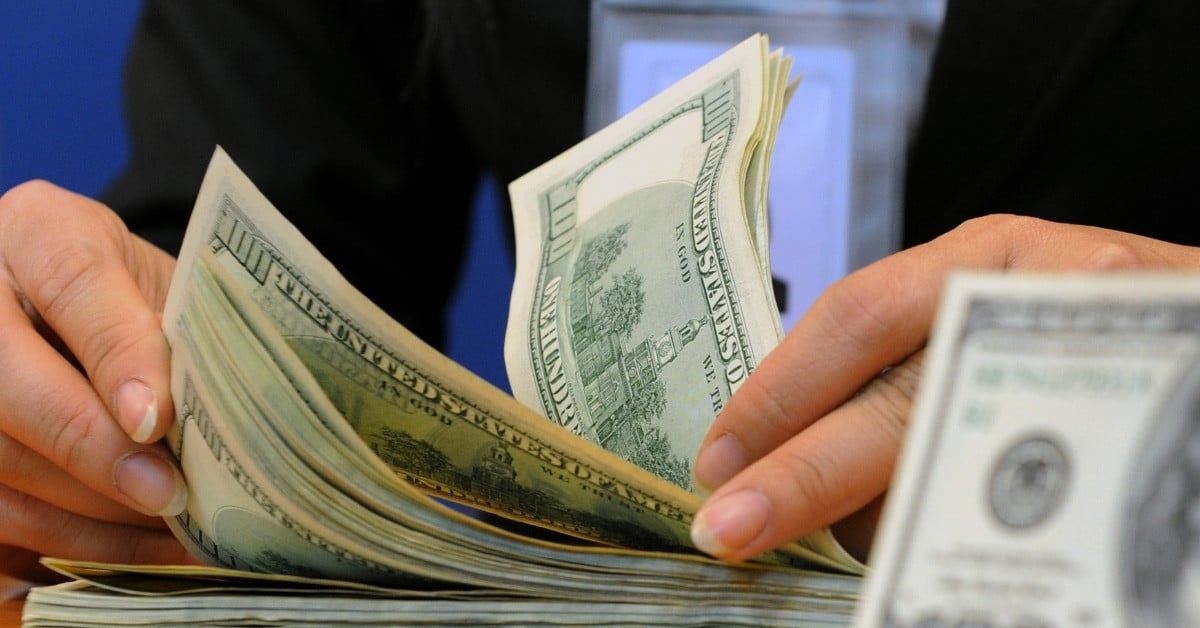

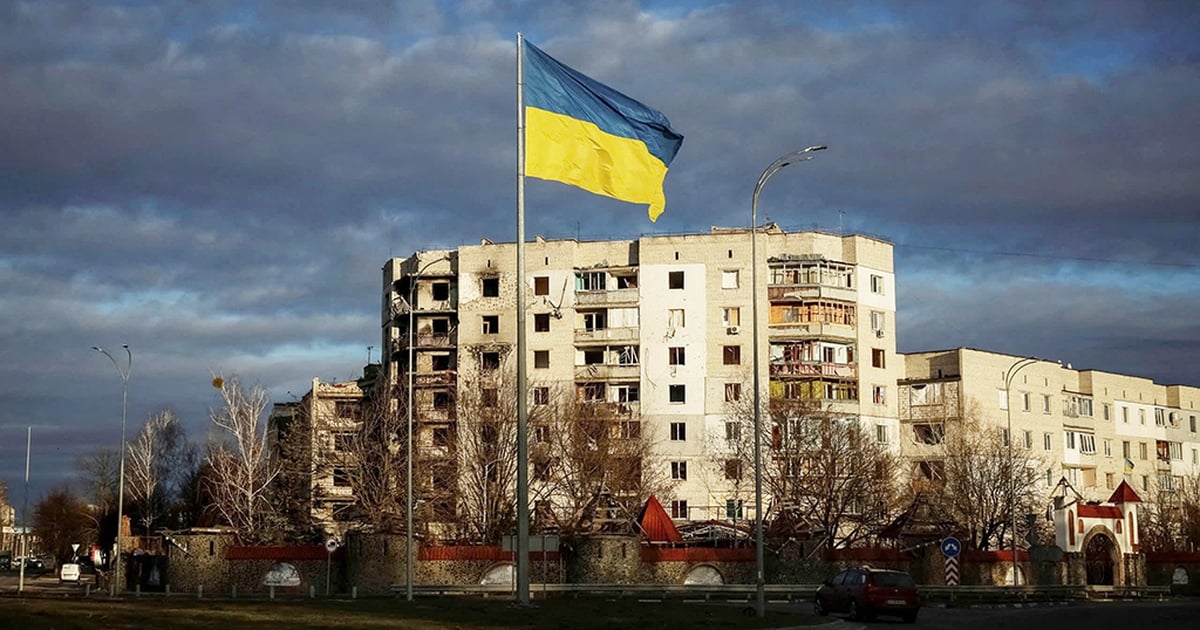





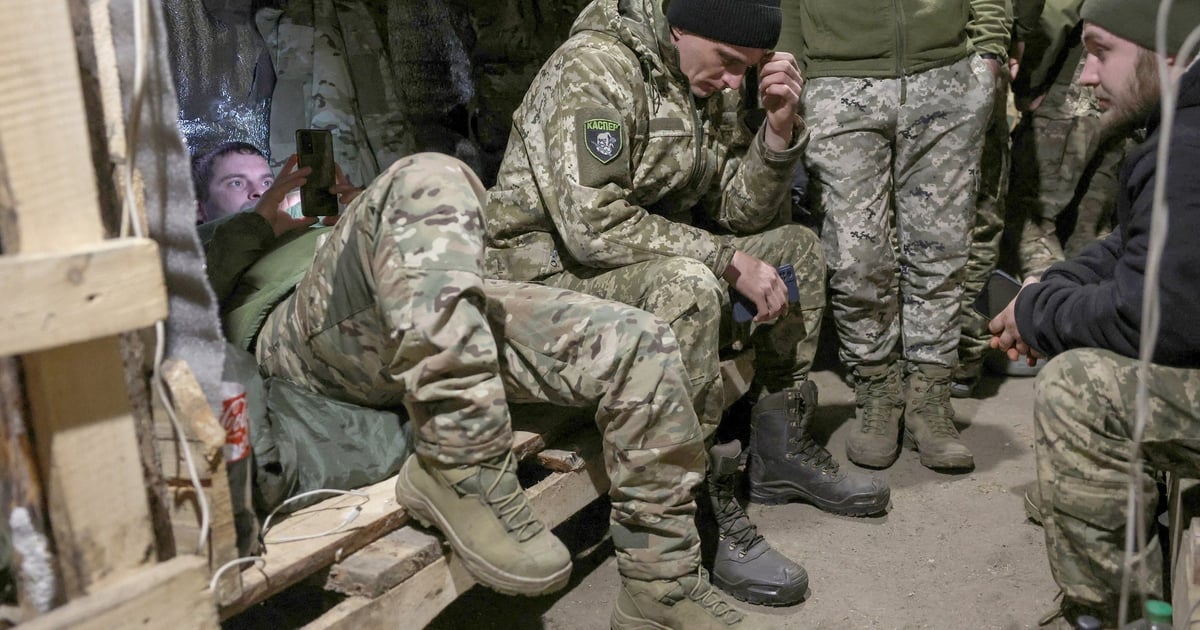


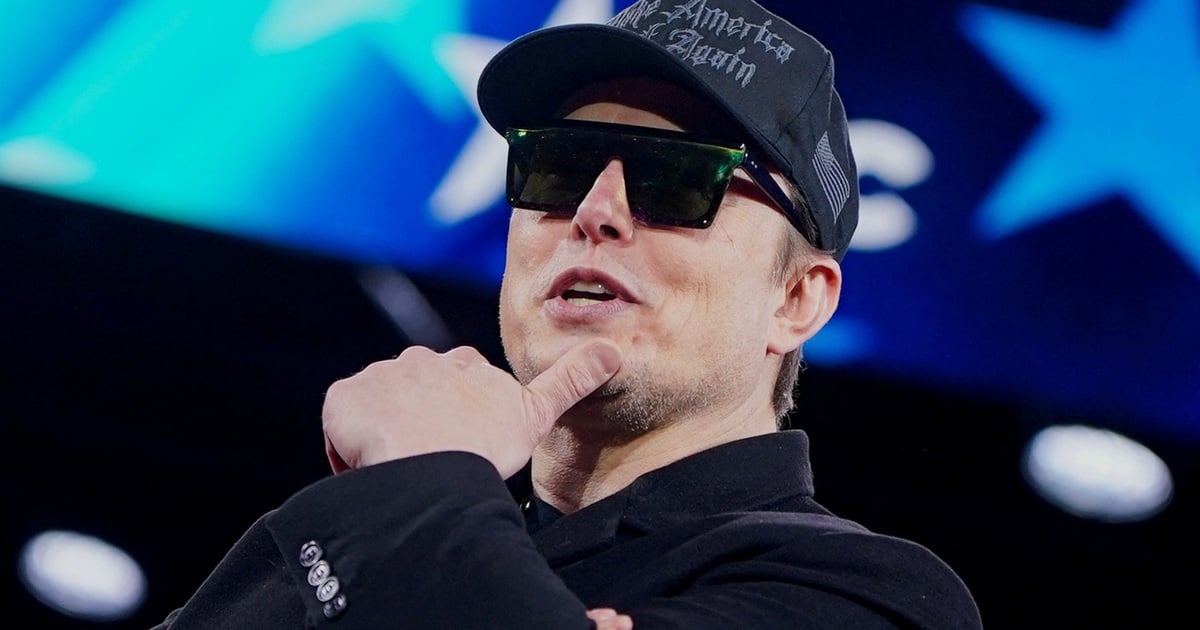
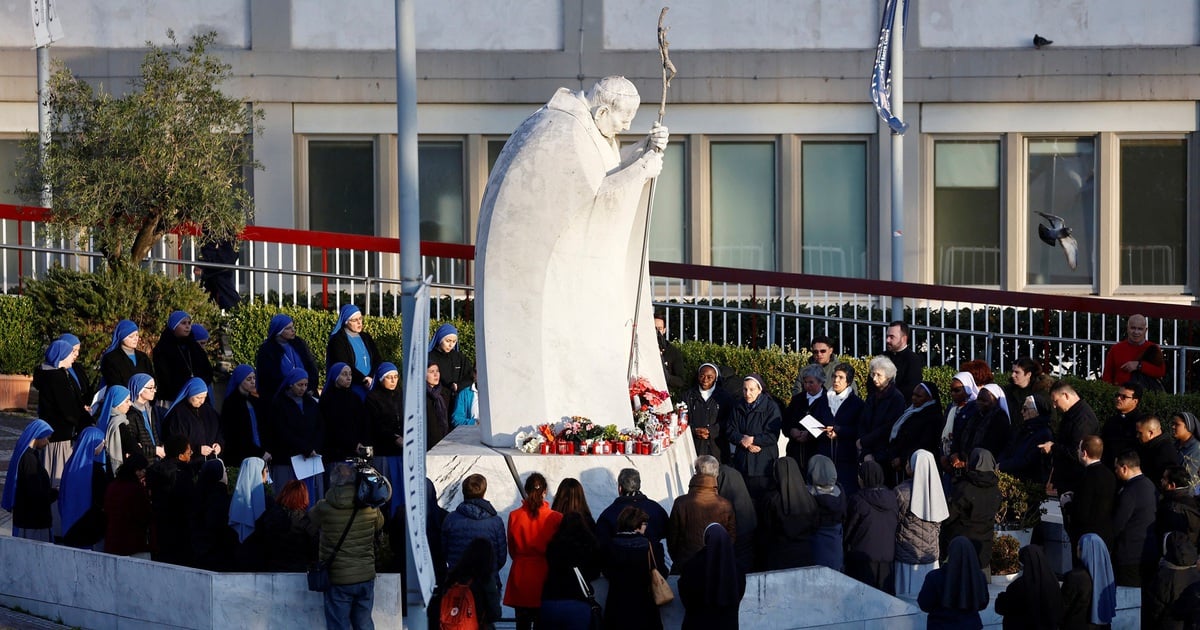

















![[Photo] Prime Minister Pham Minh Chinh chairs Government Conference with localities on economic growth](https://vstatic.vietnam.vn/vietnam/resource/IMAGE/2025/2/21/f34583484f2643a2a2b72168a0d64baa)



























































Comment (0)